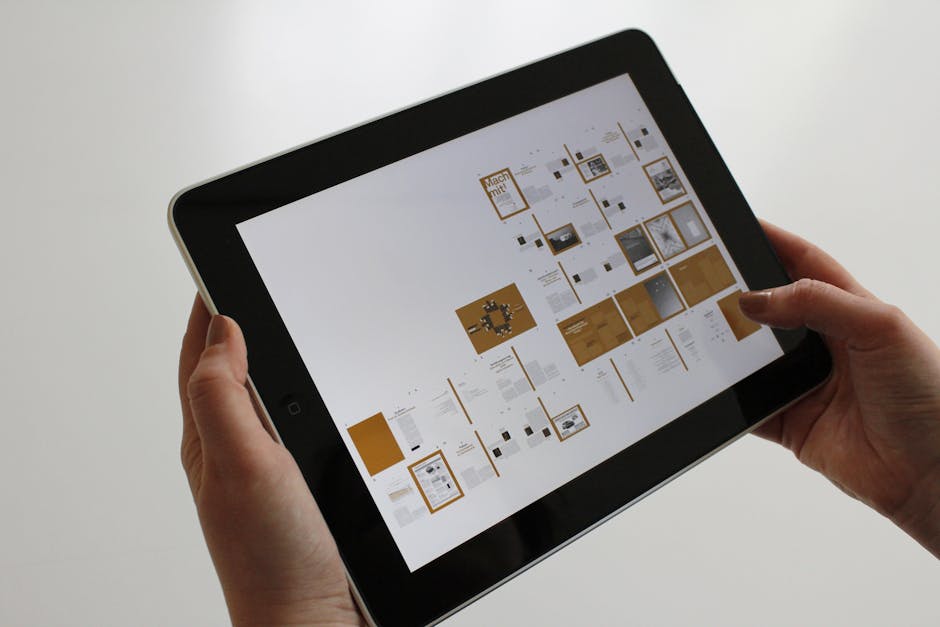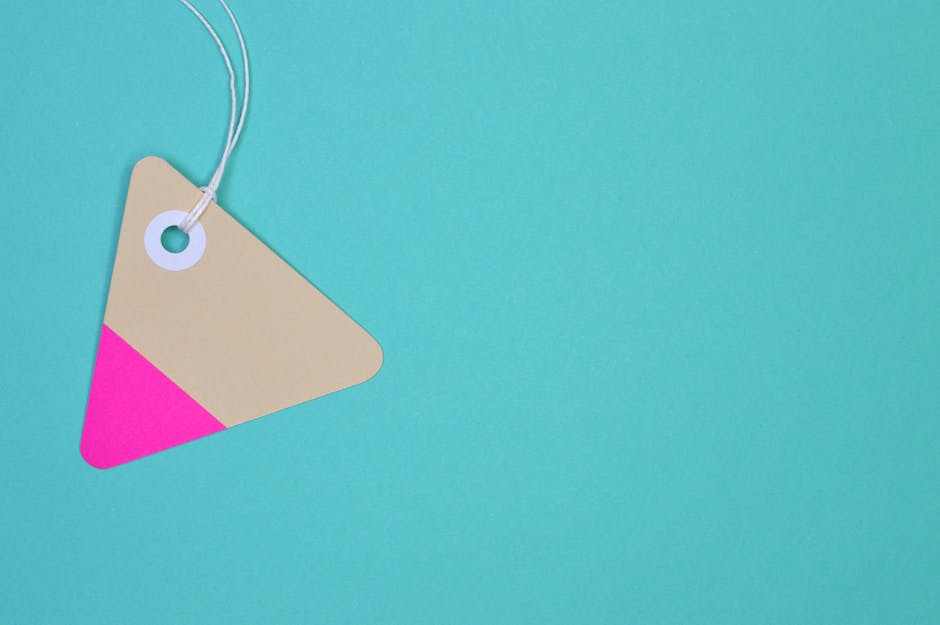Custom Web Design vs Templates

Table of Content.
- What is Custom Web Design?
- Understanding Template-Based Websites
- Pros of Custom Web Design
- Pros of Template Websites
- Cons of Custom Web Design
- Cons of Template Websites
- Making the Right Choice for Your Business
What is Custom Web Design?
Custom web design is a process where a website is created from scratch, tailored specifically to your needs. Unlike pre-made templates, it allows for complete flexibility and creativity. Imagine building a house: you choose every detail, from the floor plan to the color of the walls. Similarly, custom web design offers you the freedom to decide how your site looks and functions.
This approach is perfect if you want a unique website that stands out. For example, a business might need specific features like an online booking system or a custom portfolio. By opting for a custom design, you ensure your website aligns perfectly with your brand identity and business goals. Working with professionals, you can develop a site that reflects your company's personality and meets users' expectations.
Understanding Template-Based Websites
Template-based websites are pre-designed web pages that anyone can use to create a website quickly. They come with a set layout and design elements that you can customize to some extent. These templates are often used by people who want to set up a website without needing to know much about coding or design.
Imagine a template as a ready-made cake. You just need to add a few toppings and decorations to make it your own. Templates usually offer different styles and colors, but the basic structure remains the same. This makes them easy to use, especially for beginners or small businesses with limited budgets.
One big advantage of templates is their cost-effectiveness. You pay a small fee and get a professional-looking site in no time. They also save a lot of time because you don't start from scratch. You simply choose a design, add your content, and your site is ready to go live.
However, there are some limitations. Templates can be less flexible compared to custom web designs. You might find it challenging to make significant changes to the layout. If many people choose the same template, your site might look like others.
Templates are a great choice for those who need a quick, affordable solution. But if you want something unique, a custom web design might be better.
Pros of Custom Web Design
Custom web design offers a unique approach tailored to your specific needs. Unlike templates, which can feel one-size-fits-all, custom designs fit like a glove. They allow you to create a website that reflects your brand's personality. This personalization can make a big difference in attracting and keeping visitors.
For example, a custom business website can include features that suit your industry. If you're in e-commerce, you can integrate unique shopping experiences. If you're a photographer, a custom portfolio website can showcase your work beautifully. Custom web design also allows for better scalability. As your business grows, your website can grow with it.
Another advantage is flexibility. You can choose the functionalities that matter most to you. This means no unnecessary features that slow down your site. Custom designs often lead to better performance and speed. They are also more secure, as they are built with your needs in mind. This way, you get a website that not only looks great but also works efficiently.

Pros of Template Websites
Template websites offer several advantages for businesses and individuals looking to establish an online presence without breaking the bank. One of the main benefits is cost-effectiveness. Templates are often much cheaper than custom web design. This makes them a great option for small businesses or startups with limited budgets.
Another significant advantage is the speed of development. Since templates are pre-designed, you can have your website up and running in a matter of days, or even hours. This is ideal for those who need a quick online solution, like an upcoming event or product launch.
Ease of use is another appealing factor. Many templates come with user-friendly interfaces, allowing people with little to no web design experience to create and manage their own sites. This also means you don't have to hire a professional, which saves costs.
Templates often come with built-in features and functionalities. These can include responsive design, SEO optimization, and even e-commerce capabilities. It means you get a lot of value right out of the box.
For those who are unsure about design aesthetics, templates provide a reliable structure and layout. You can choose from a variety of styles and themes, ensuring your website looks professional and appealing.
Cons of Custom Web Design
Custom web design offers a unique and personalized approach to building a website. Yet, it's not without its drawbacks. One of the main cons is the cost. Custom web design can be expensive. This is because it involves a lot of work and time from skilled professionals. They need to understand your needs, create designs, and develop the site. All this can lead to high costs compared to using templates.
Time is another factor to consider. Creating a custom website takes longer than using a ready-made template. The process involves several stages, like planning, designing, and testing. Each stage requires careful attention to detail. It can take weeks or even months to complete, which might not be ideal if you need a website quickly.
Maintenance and updates can also be more complex with custom websites. Since they are unique, finding someone who can make changes or updates might be harder. You'll often need to rely on the original developer or a company that provides custom website services. This dependence can lead to additional costs and time.
Custom web design may present challenges in scalability. Templates often come with built-in features and updates, making it easy to add new pages or features. With a custom site, adding new features might require more development work. This can slow down your ability to grow your website as your business expands.
Another downside is the risk of errors. Custom-built websites are tailored to your specific needs, which means they might not be as thoroughly tested as popular templates. This can lead to bugs or issues that need fixing. Fixing these problems can take time and resources.
In summary, while custom web design offers many benefits, it's important to weigh these against potential drawbacks. The higher costs, longer development time, and need for ongoing maintenance are all factors to consider before choosing this option.

Cons of Template Websites
While template websites might seem like a quick fix, they come with their own set of drawbacks. One big issue is the lack of uniqueness. With so many businesses using the same templates, your website might end up looking like many others. This can make it hard for your brand to stand out in a competitive market. Imagine walking into a store where everything looks the same; you wouldn't know what to focus on. That's what happens when your site looks like others.
Another problem is limited customization. Templates often come with fixed layouts and designs. You may find yourself wishing to move a button or add a feature, only to discover that you can't. This restriction can be frustrating when you're trying to create a unique user experience. You might also face challenges when scaling your website. As your business grows, you may need more functionality that templates just can't provide.
Performance issues can also crop up with template websites. These templates might be filled with unnecessary code, which can slow down your site. A slow website can annoy visitors, causing them to leave before they see what you offer. Speed is crucial online, and a sluggish site might harm your reputation.
Lastly, templates often have limited support options. If something goes wrong, you might be stuck waiting for help. Custom websites usually come with dedicated support, but templates often rely on forums or generic help centers. This can lead to delays when you need quick fixes.
In essence, while templates offer a budget-friendly option, they can limit your site's potential in various ways.

Making the Right Choice for Your Business
Choosing between custom web design and templates can feel like picking between a tailored suit and an off-the-rack option. Each has its own perks and challenges. It's all about what suits your business needs best. Let's break it down.
Custom web design is like having a designer create a unique outfit just for you. It fits perfectly, looks exactly how you want, and stands out in a crowd. With custom design, your website can have all the specific features you need. Maybe your business requires a special booking system or a unique gallery layout. Custom websites allow you to have these without compromise. A custom built website also gives you complete control over the look and feel, aligning perfectly with your brand identity.
On the flip side, templates are ready-made designs. Imagine walking into a store and picking something off the rack. It's quicker and often cheaper. Templates are a great choice if time and budget are tight. They offer a variety of designs, and you can choose one that closely matches your brand. But, they come with limitations. You might not be able to change certain elements, and your site could end up looking similar to others using the same template.
Cost is a big factor in the decision. Custom web design can be more expensive upfront. It involves hiring a designer or a custom website development company. In contrast, templates often have a one-time fee or a subscription, making them more affordable at the start.
Think about the long-term goals of your business. If you see rapid growth or plan to add more complex features, a custom website might be worth the investment. It offers scalability and can adapt as your needs change. On the other hand, if your business is small and your website will remain simple, a template could be sufficient.
Consider the importance of uniqueness. A custom website can set you apart from competitors, offering a distinct online presence. Meanwhile, templates might not provide the same level of differentiation.
Reflect on your technical skills or the skills of your team. Custom websites might need ongoing support for updates and changes, whereas templates can be easier to manage with less technical know-how.
Choosing between custom web design and templates isn't just about today. It's about where you see your business in the future. Think about your budget, needs, and how you want to present your brand to the world.
FAQ
What is the primary difference between custom web design and template-based websites?
Custom web design involves creating a unique website from scratch, tailored to a business's specific needs and branding. Template-based websites use pre-designed layouts that can be customized to some extent but are more constrained in terms of uniqueness and functionality.
Why should a business consider custom web design?
Businesses might choose custom web design for its ability to offer tailored functionality, unique branding, and a superior user experience. It allows for complete control over the website's aesthetics and functionality, aligning perfectly with the company's goals and brand identity.
What are the advantages of using a template-based website?
Template-based websites are often more cost-effective and faster to deploy. They are user-friendly, making them ideal for individuals or small businesses with limited technical expertise or budget constraints, allowing for swift online presence establishment.
What are some drawbacks of custom web design?
Custom web design can be more expensive and time-consuming compared to using a template. It often requires ongoing maintenance and updates, which can add to the overall cost and complexity. Businesses should be prepared for a longer development process.
Are there any limitations to using template-based websites?
Yes, template-based websites may lack uniqueness and could pose customization constraints. They might also face potential SEO issues because of generic code structures and limited optimization capabilities.
How can a business determine if custom web design is right for them?
A business should consider custom web design if they have specific functionality needs, a flexible budget, and a focus on creating a distinctive brand image. Long-term plans for growth and the ability to invest in ongoing site maintenance are also crucial factors.
When might a template-based website be the better choice?
Template-based websites are suitable for businesses or individuals who need a functional, cost-effective, and quickly deployable online presence. They are ideal for startups, small businesses, or personal projects with limited budgets and simpler design requirements.